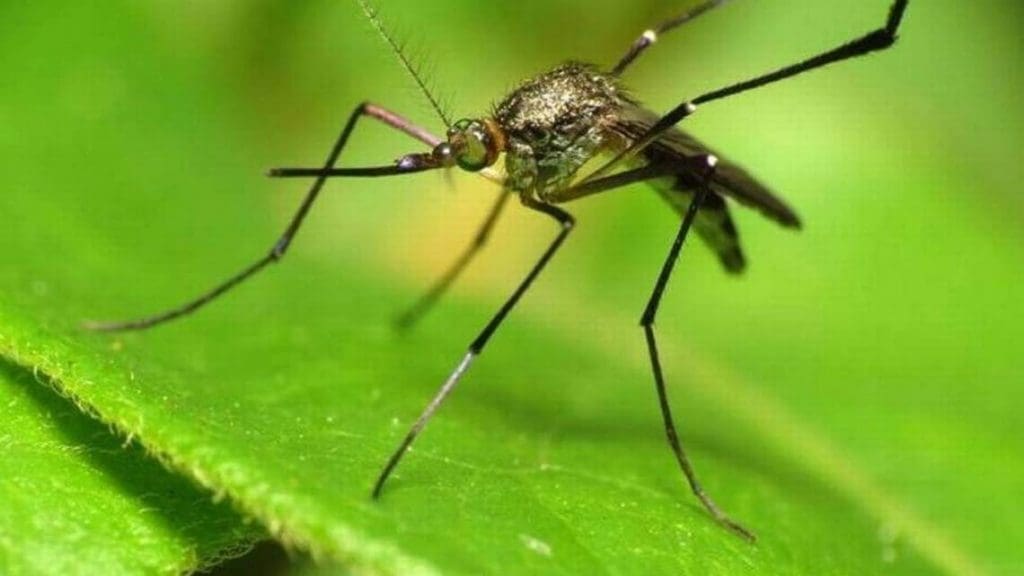Spending time in nature, breathing fresh air, and sleeping under the stars is a dream for many of us. However, small guests like mosquitoes, houseflies, and fire ants can threaten our comfort and health. By following the 10 simple steps below, you can both enjoy nature and protect yourself from insect bites.

- Use Effective Insect Repellent
Opt for sprays containing DEET, picaridin, or IR3535 applied to skin or clothing. You can also apply protective creams or lotions to exposed skin. - Wear Long Sleeves and Light-Colored Clothing
Dark colors attract insects. Thin, long-sleeved shirts and pants reduce bite risk. Don’t forget shoes and socks. - Use Mosquito Nets or Camp Screens
Attach screens to tent windows and doors. Use an extra net over your sleeping bag for undisturbed sleep. - Time Your Activities
Mosquitoes are particularly active at dusk (dawn and sunset). Dim lights during these times and, if needed, gather around the campfire. - Use Natural Oils
Essential oils like lemongrass, lavender, or tea tree repel insects. Carry travel-size bottles and apply lightly to clothing and skin. - Avoid Standing Water
Mosquitoes breed in still water. Choose a campsite away from swamps, puddles, and marshy areas. - Benefit from Campfire Smoke
Burning wood and pine branches creates natural smoke that helps keep many insects at bay. - Use Bug Traps and LED Lights
UV or LED light–operated bug traps attract and capture mosquitoes and flying insects. Hang one near your campsite to reduce bites. - Check Clothing and Gear
Shake out your clothes before entering the tent, and keep small items like underwear and socks sealed in your bag. Insects can hide among folded items. - Pack a First-Aid Kit
Include allergy medications, antihistamine creams, or tablets to manage itching and possible infections from bites. You’ll be ready to respond quickly.